Music is a universal language. Of its many genres, one sticks out among the rest: jazz. The sound is crisp, coolness personified. Jazz was created by Black Americans in New Orleans, Louisiana’s red-light district in the 1920s. It quickly became the ambient art form of its time. Jazz is a mix of ragtime and blues that pulls from African, Latin, and European influences. The 369th Regiment Army Band led by composer James Reese Europe in the Harlem HellIfighters are credited for spreading the new cultural expression internationally.
In the Youtube video, The Birth of Jazz historian Henry Louis Gates says, “jazz is America’s genuine classical music.” Award-winning films like Spike Lee’s Mo Betta Blues starring Denzel Washington; Ray starring Jamie Foxx and Regina King; “Ma Rainey’s Black Bottom” starring Viola Davis and the late Chadwick Boseman; and most recently The United States vs. Billie Holiday-starring Andra Day all showcase the lives and tribulations of pioneers of jazz within the American music industry. In honor of Black History Month, I have compiled a selection of 10 jazz songs to add to your musical palate.
1. “Naima” — John Coltrane
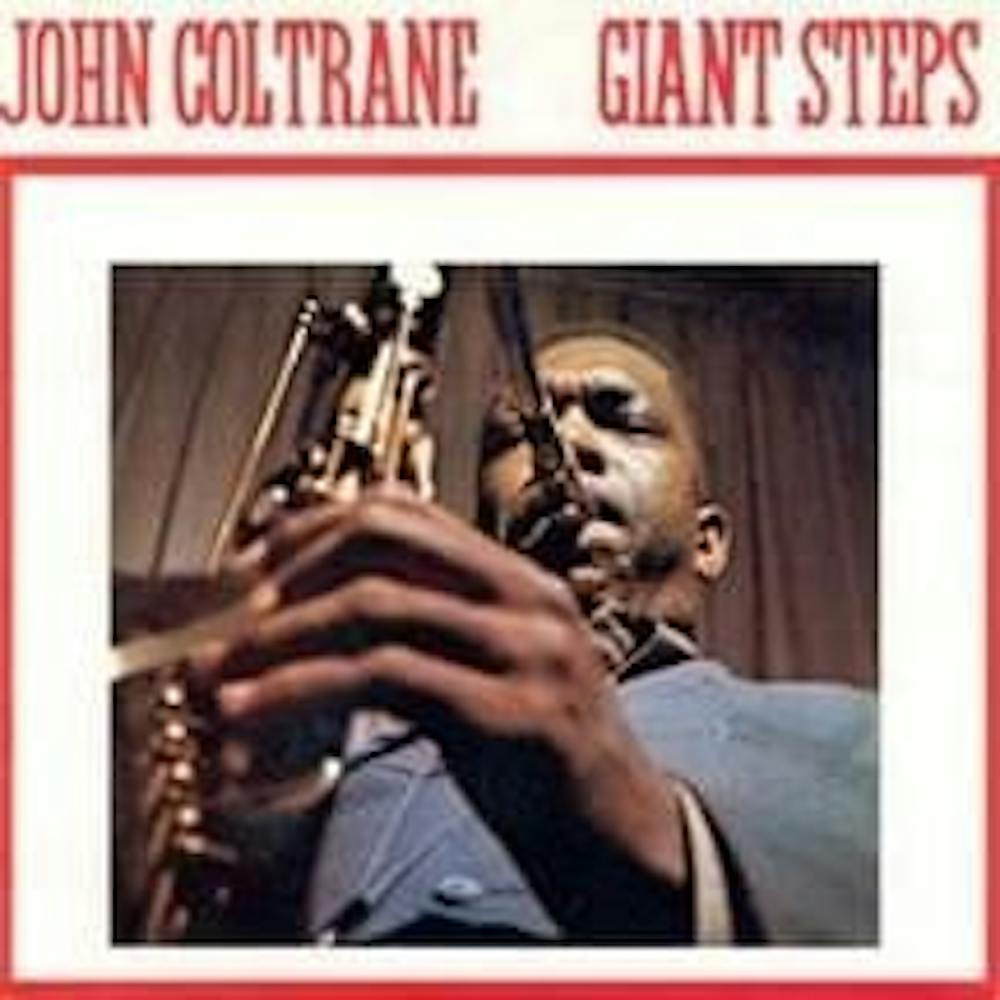
Photo by Genius
In jazz, lyrics are the icing and instrumentation is the cake. Icon John Coltrane’s music only ever needed his smooth and subtle saxophone playing. The song’s title derives from his wife’s middle name telling the story of their love. All four minutes of “Naima” is an invitation to an auditory awakening.
2. “Black is” — Fertile Ground

Photo by Genius
Fertile Ground is an underrated jazz band of the late 1990s and early 2000s from Washington, D.C. In a world that appropriates and mocks blackness—facial features, hair textures, body types, and varying skin complexions—the song “Black Is” celebrates its beauty. The lead singer’s voice is conversational, describing the historical richness of what it means to be Black. The song is sure to be in your rotation not just for Black History Month but the entire year.
3. “Talk To Me” — Jill Scott

Photo by Genius
“Talk To Me” is a track off of Jill Scott’s sophomore album Beautifully Human: Words and Sounds, Vol. 2. The song embodies jazz’s ragtime origins. She writes and sings of a relationship on the rocks. After being ignored when questioning her partner’s moodiness, she relies on a superb beat switch that takes the song to new heights. From the rugged horn section down to the poetic lyrics, this song captures the essence of the modern jazz scene.
4. “Strange Fruit” — Nina Simone
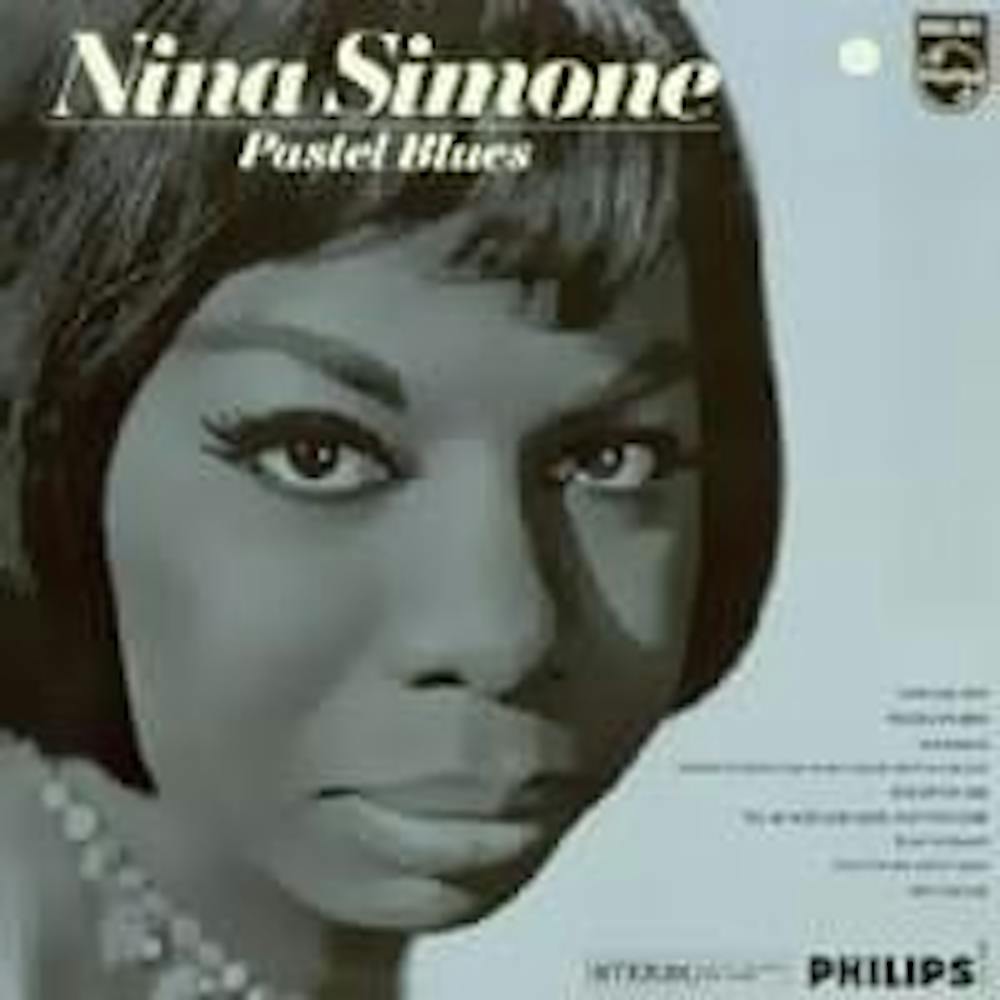
Photo by Genius
We must remember why black music, like jazz and others, exists. Music was an escape from the harsh reality and horrors happening across the country during the Jim Crow era. “Strange Fruit” performed famously by the legendary Billie Holiday became a quintessential song, shedding light on the lynchings of Black Americans. Simone’s version sends shivers down the spine. Her use of intonation and pace sounds like an eerie lullaby describing America’s ugly past that continues to haunt us.
5. “Guess Who I Saw Today” — Nancy Wilson
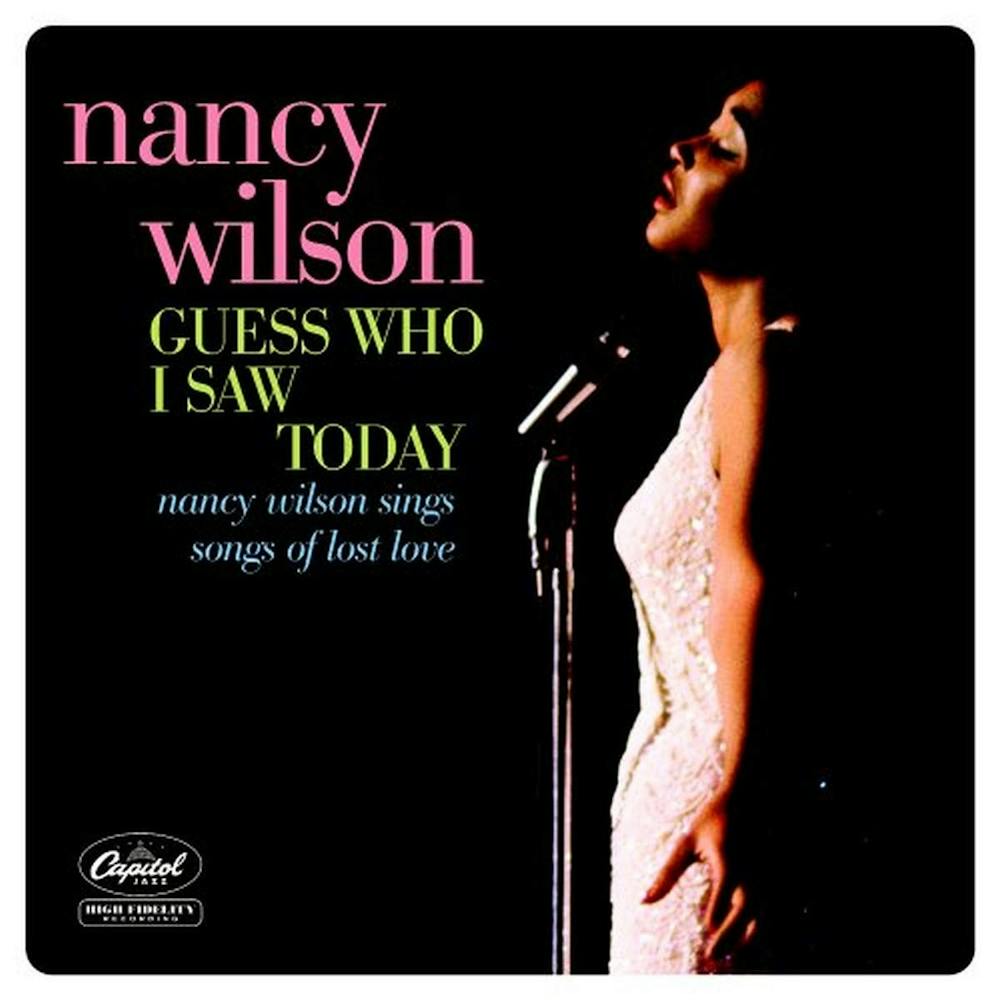
Photo by Amazon
Vocal jazz emerged in the early 1950s. It relied heavily on the voice to imitate traditional instruments, similar to acapella. “Guess Who I Saw Today” tells the suspenseful story of a woman confronting her husband about cheating. Wilson’s mellow voice passive aggressively leans into every word while standing nicely beside a soft piano accompaniment.
6. “I’ve Got It Bad and That Ain’t Good” — Dianne Reeves
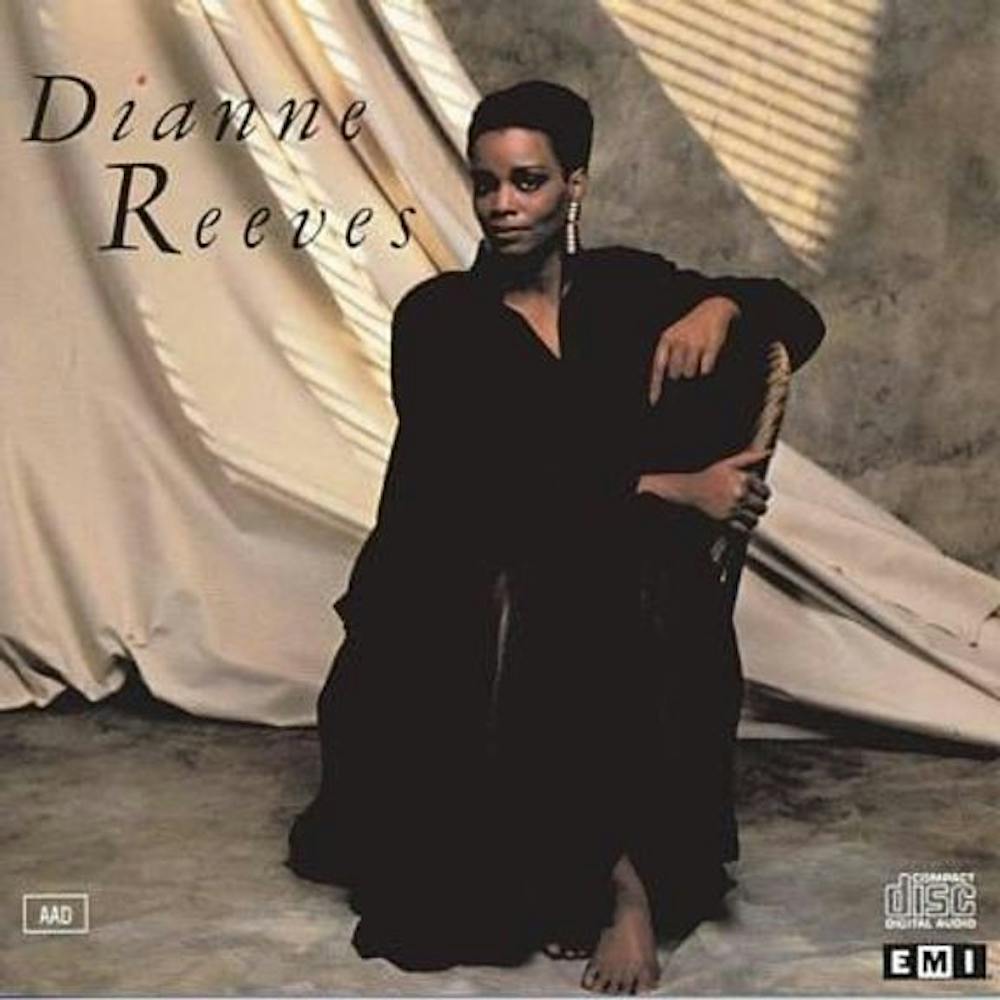
Photo by Genius
The beauty of this art form is it allows for the reinvention and recycling of jazz standards. Covers are the basis of understanding the genre. “I’ve Got It Bad and That Ain’t Good” composed by music luminary Duke Ellington in 1941 has been performed by Ella Fitzgerald, Phyllis Hyman, and Sarah Vaughn. The task of a jazz singer is to decide what message their voice evokes through phrasing and improvisational tools like scatting. Listening to Reeves’ rendition encapsulates sorrow, like looking out your bedroom window on a gloomy day while your tears mirror falling rain.
7. “I Know You Know” — Esperanza Spalding

Photo by Genius
This multi-instrumentalist cosigned by Prince has made a way for herself in this genre. “I Know You Know” narrates a scene of crushing on someone hard and building up the courage to express one’s own feelings. Spalding ignites stages, flaunting the difficulty of playing bass and singing simultaneously.
8. “I Heard Love Is Blind” — Amy Winehouse

Photo by Genius
The influence of Dinah Washington and Carleen Anderson gave birth to a pop-jazz legend, Amy Winehouse. Upon first listen to the voice of the late Winehouse, you probably do not envision a skinny white English girl. However, the intentional imperfection of Winehouse’s vocals is what makes her unique. “I Heard Love Is Blind” is a song from her 2003 debut album Frank. It brings up questions of infidelity and morality from a woman’s point of view. The lack of diction in her live singing of this track offers audiences a rawness that adds to its apathetic message.
9. “For All We Know” — Nat King Cole
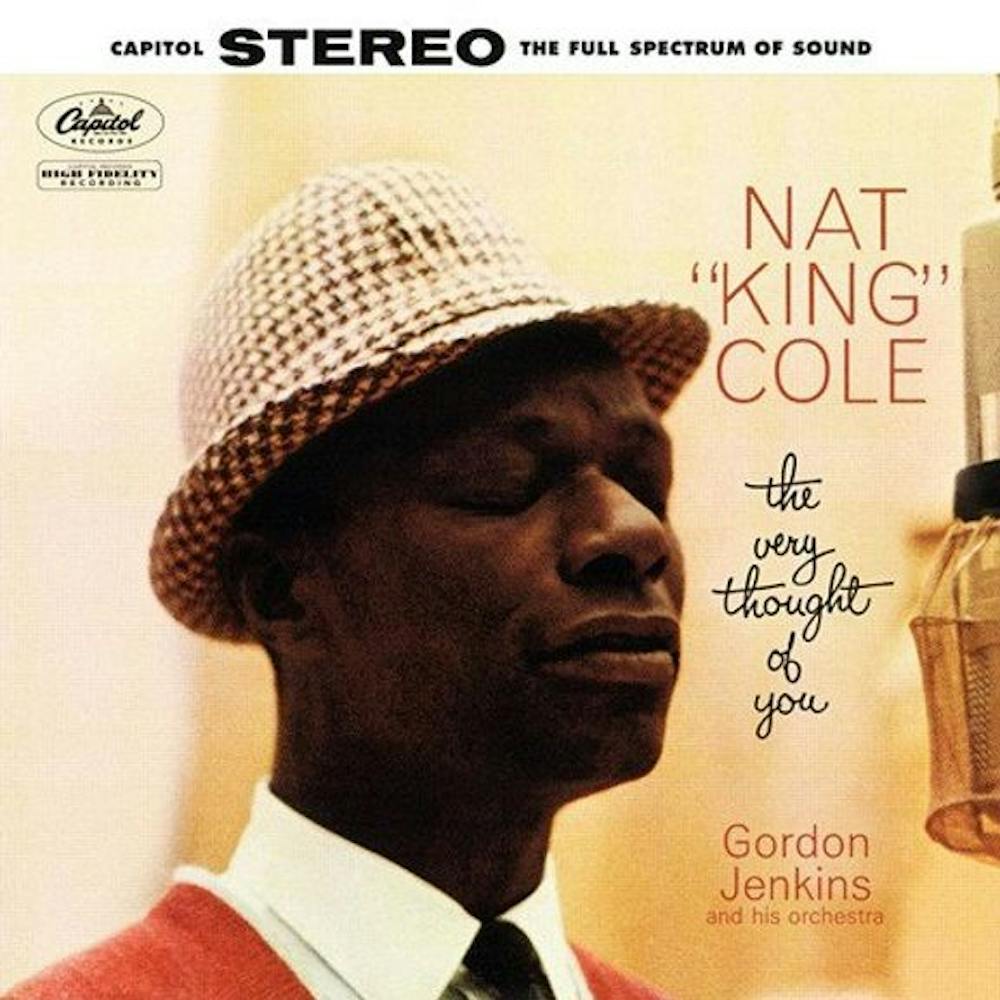
Photo by Genius
Nat King Cole’s voice should be placed next to the word sophistication in the dictionary. In “For All We Know,” he softens his baritone. His version is refined and relaxed, allowing the listener to become hypnotized by his vocal phrasing. Unlike Donny Hathaway’s powerful version which is normally played at funerals, Cole’s cover expresses the heartbreak of a lover. His voice morphs into the threads of a cashmere sweater meant to be worn on cold February nights.
10. “Kyiv” — Tom Misch and Yussef Dayes

Photo by Genius
If this South London duo isn’t in your music library, they should be. At the beginning of quarantine, they released their collaboration album, What Kinda Music, which reached number two on Billboard’s Jazz Album Chart. Misch’s guitar chords backed by Dayes’ virtuoso pocket play creates an instrumental masterpiece—with an accompanying music video set in Kyiv, Ukraine. The addition of Rocco Palladino’s bass established “Kyiv” as an incredible piece of funk-fused alternative jazz.
Featured Image by VectorStock
Sources: History.com, YouTube, IMDB, IMBD, IMDB, IMDB, IMDB, IMDB, Spotify, Spotify, Spotify, Spotify, Spotify, Spotify, Spotify, Spotify, Spotify, Billboard, Spotify
Contact Mesgana Waiss at awaiss@bsu.edu.

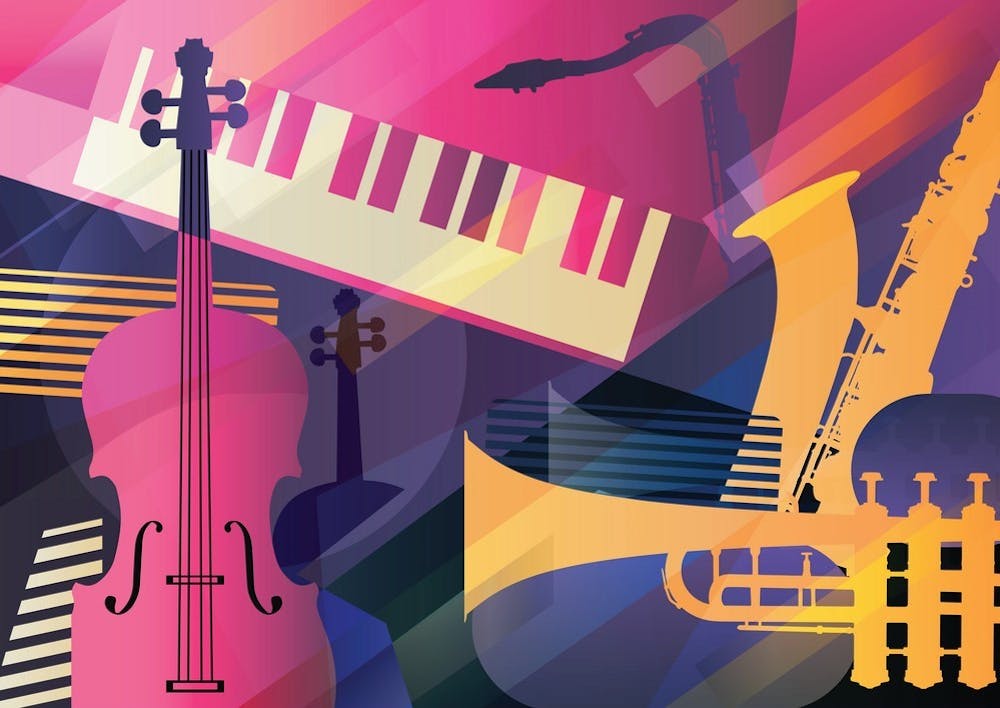
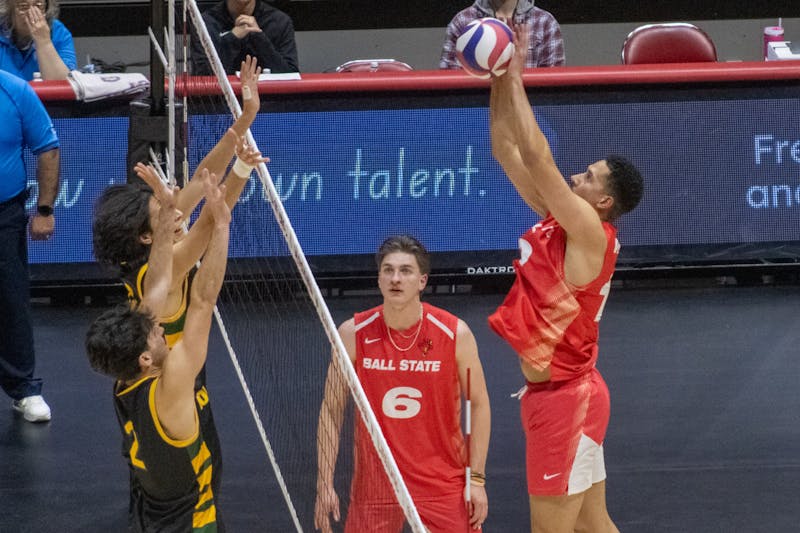
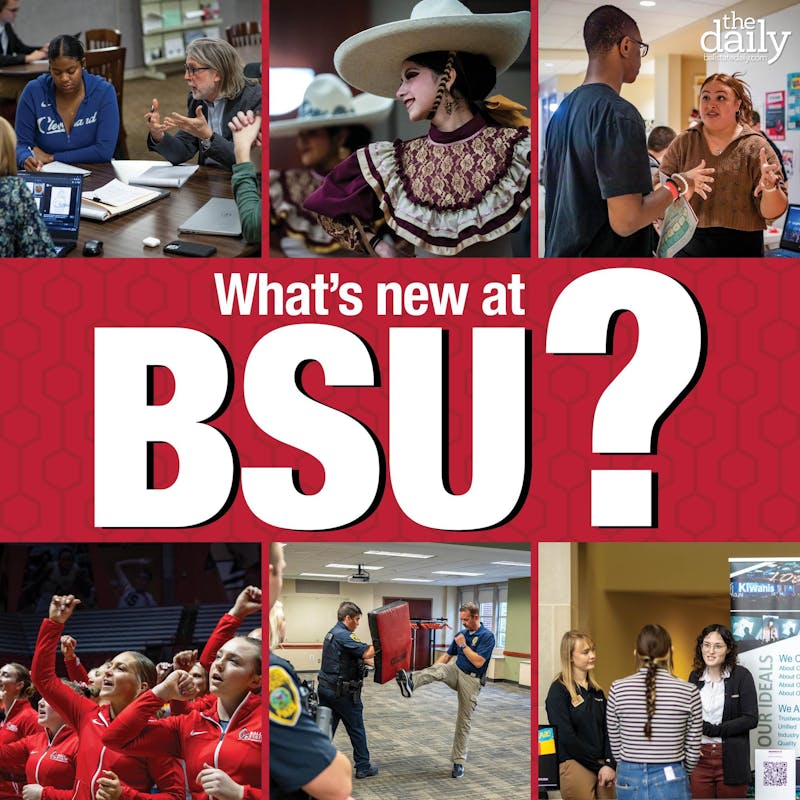
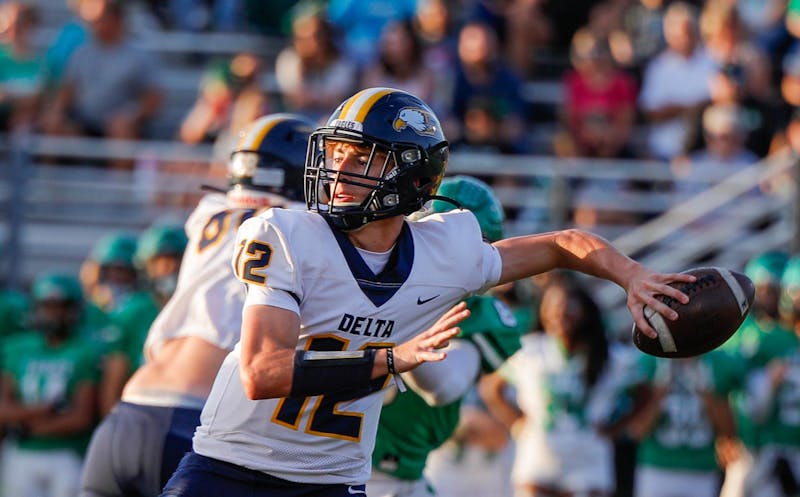
The Daily News welcomes thoughtful discussion on all of our stories, but please keep comments civil and on-topic. Read our full guidelines here.